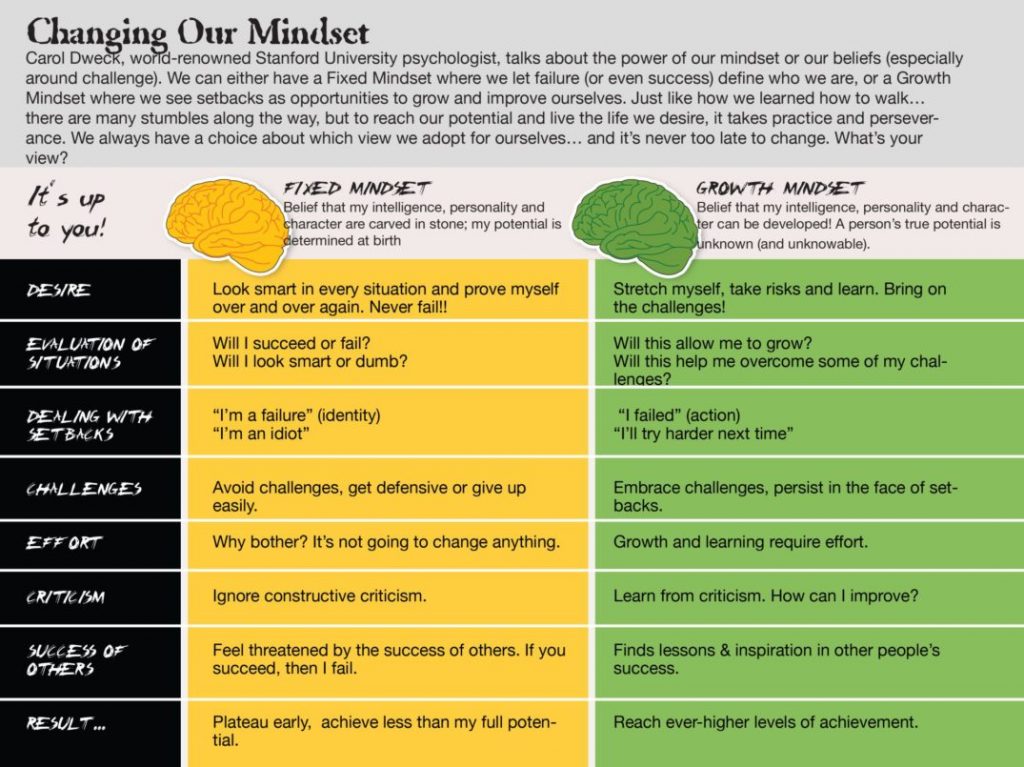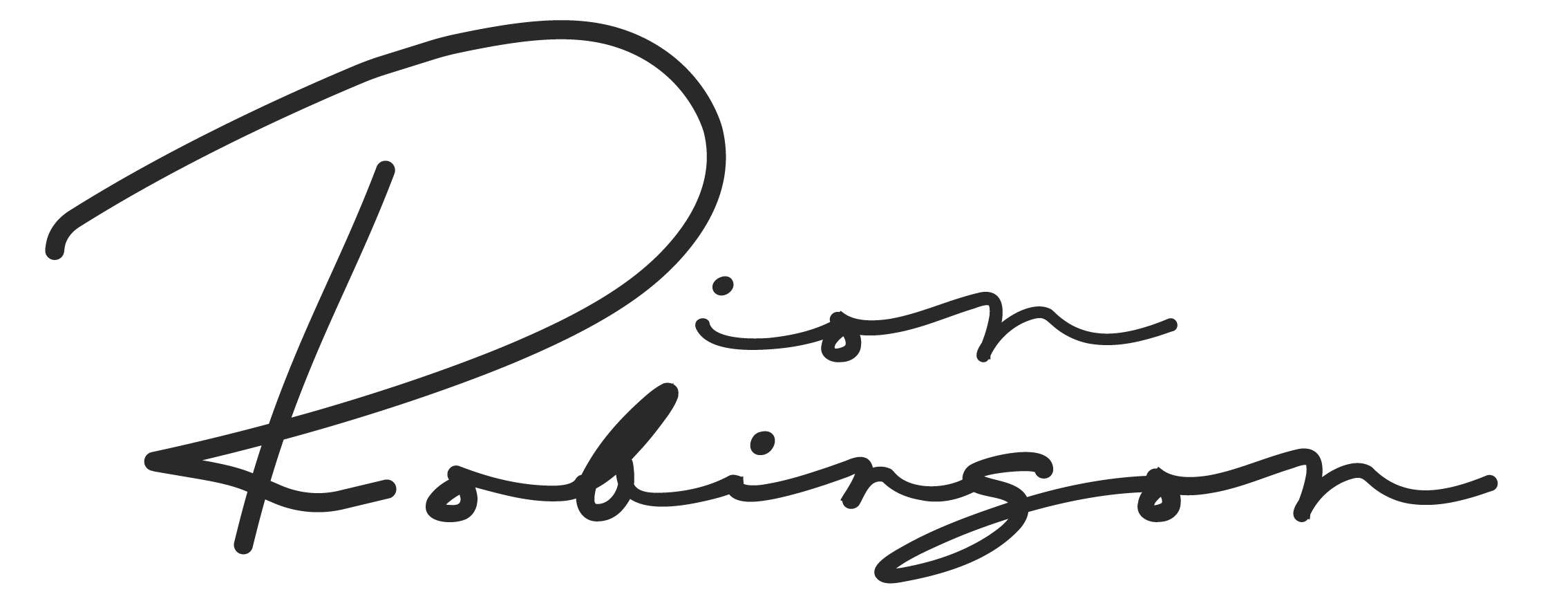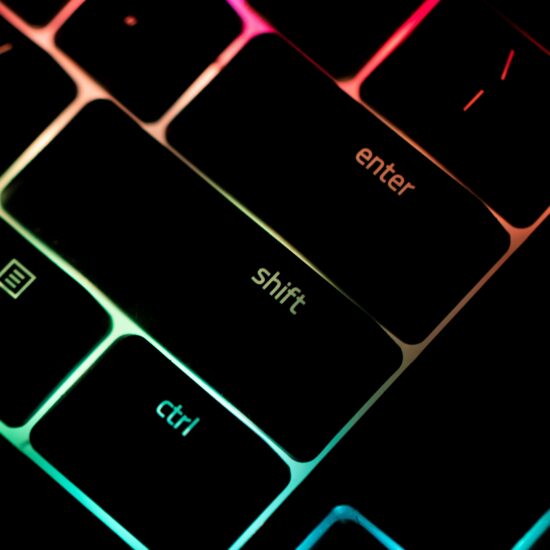Mindsets have a way of revealing themselves when we encounter adversity. Growing up, my Mom was a teacher and regularly challenged me to be a lifelong learner. I love learning new things and growing to new levels of understanding; however, I started to internalize failures, mistakes, and issues, especially in high school and in college, as reflections about myself as I began to interact more with others who had different academic skills and athletic abilities. As a result, I could not help but to compete and compare myself to them. I wasn’t the tallest person on the football team nor was I the greatest math student, but I would compare myself to those who did have those attributes and ask myself: Why didn’t I get what they have? Then the comparisons began to set in.
Comparison is one of the most destructive things that we can do to ourselves. Through comparison, we determine our own social and personal worth based on how we stack up against others, which can either make us feel great, make us feel terrible, harbor feelings of envy, or other emotions. In fact, we might be angry with someone simply because they have something we want! That’s why the powerful tool of social media can be a double-edged sword that provides great connection, but can cause one to harbor resentment and envy. There is a study about how constant Facebook usage caused individuals to feel more depressed, more envious, and lonelier. I have the study posted here. It is very eye-opening. Our responses to these situations are found in our mindsets or beliefs about ourselves. Our mindset is the way we see and interpret the world around us based upon experiences and stories that we keep rehearsing in our minds. What is the story that you are continuing to rehearse in your mind that could be keeping you from breaking through to the next level?
There are two types of mindsets based upon the research of Carol Dweck, author of the book, Mindset. We can either have a Fixed Mindset or a Growth Mindset when we approach failure. Below is a chart of views from both mindsets. Perhaps some of these may fit your internal dialogue. I know many did for me.

If you have found yourself in some of these responses, you may be asking how do I get beyond this? These conversations that we have with ourselves can have negative or positive effects. Please recognize this: The belief is what drives your mindset, and the mindset drives your response. Create a habit of focusing on beliefs or declarations that empower you daily; that get you started every morning. The effects may not be immediate; but over time, your story will change about yourself.
I hope that you will try this process for yourself. Here is a great quote:
Of course your behavior is justifiable. That’s not the question. The question is, is it helping?
– Seth Godin
I am currently going through this process myself. The limited beliefs have a way of paralyzing me in certain aspects of my life. Reminding myself to think differently is challenging , but I can’t get anywhere if I don’t put forth the effort to see what will happen. It is unnerving and requires risks. Lifelong learning doesn’t simply mean learning more from books. It means learning from your life, too.




